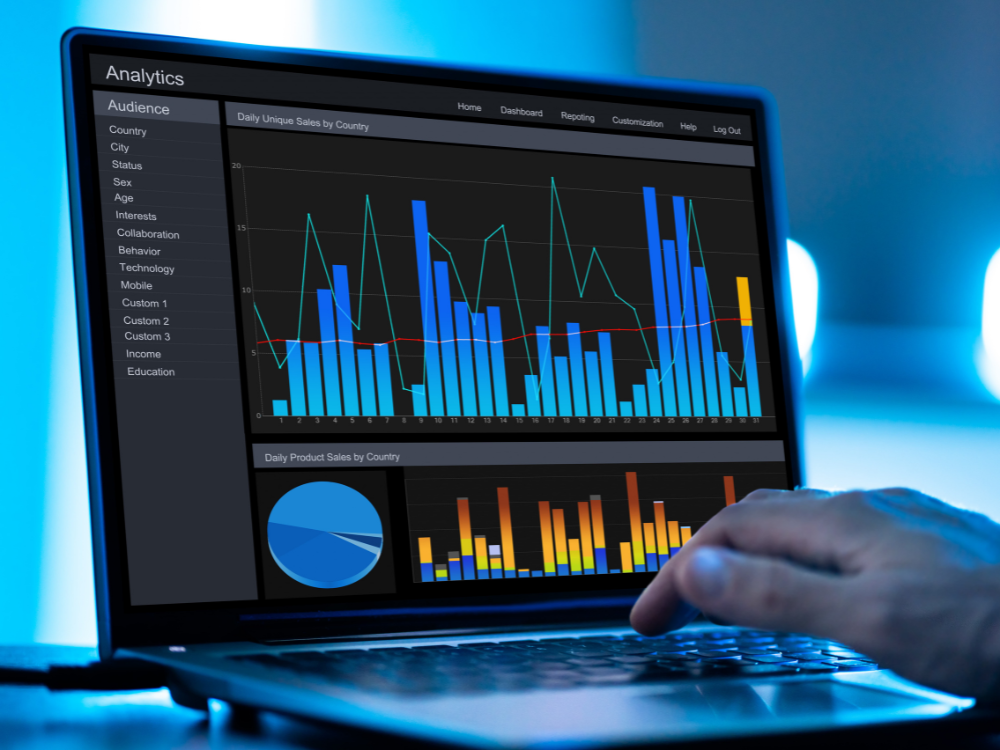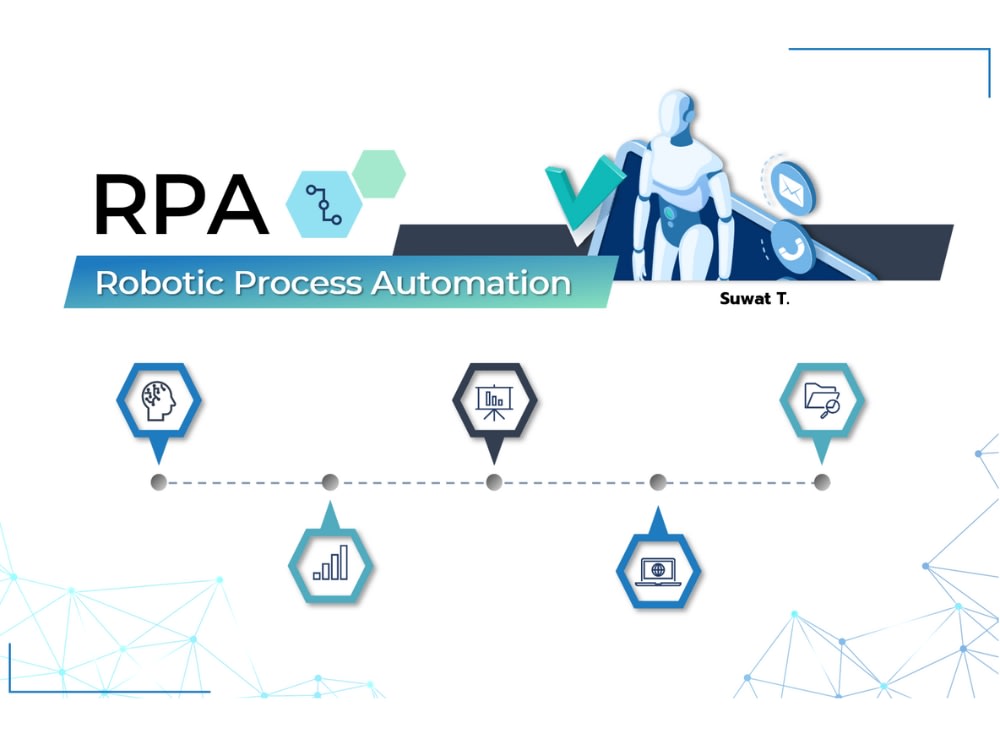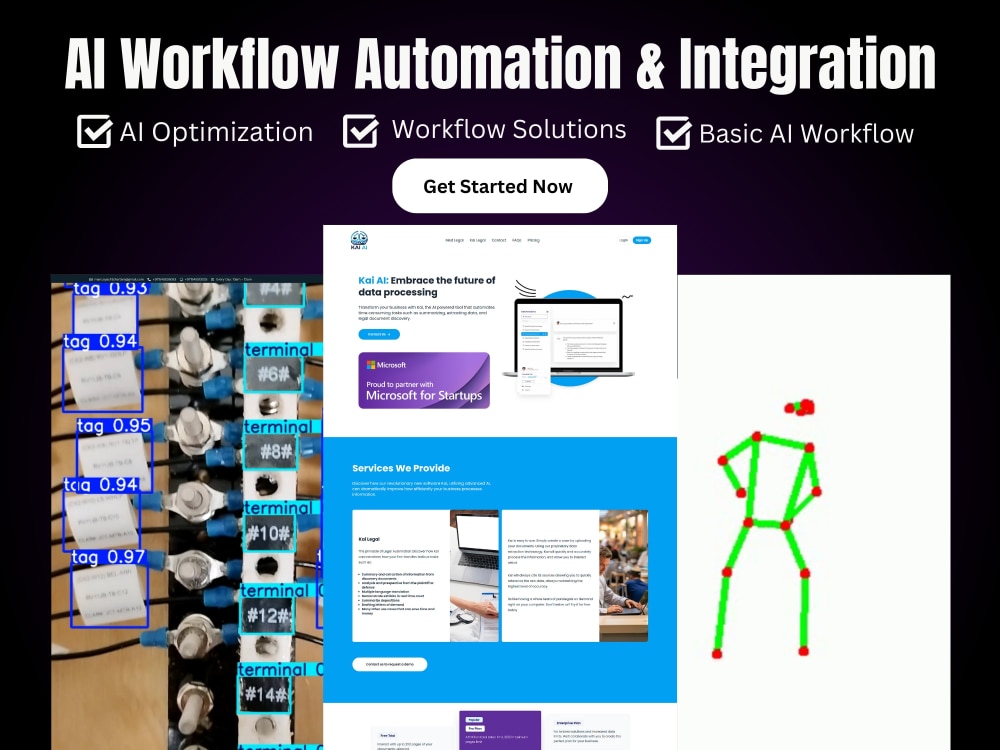Description
Predictive Analytics Platforms harness machine learning algorithms and statistical techniques to analyze historical data and predict future outcomes. These platforms ingest data from various sources—like databases, CRMs, and IoT systems—and apply models such as regression, classification, clustering, or neural networks. Businesses use them for forecasting demand, optimizing marketing campaigns, managing inventory, detecting fraud, and personalizing customer experiences. They include intuitive dashboards, scenario modeling, and automated reporting features for non-technical users. Integration with data lakes and BI tools ensures scalability and real-time responsiveness. By continuously refining predictions through feedback loops and model training, these platforms enhance operational efficiency and strategic planning. Predictive analytics empowers organizations to stay ahead of trends, reduce uncertainty, and respond dynamically to market conditions.





Celestine –
This platform offers a robust suite of predictive analytics tools. The interface is intuitive, allowing for easy data integration and model building. While the documentation could be more comprehensive, the results generated have proven valuable in forecasting and decision-making. A solid option for businesses seeking data-driven insights.
Ishaku –
This platform offers robust predictive analytics capabilities, proving valuable for forecasting and trend analysis. Its intuitive interface and comprehensive feature set make it accessible to both novice and experienced data scientists. Consider exploring its trial version to assess if it aligns with your specific business needs.
Gabriel –
The Predictive Analytics Platforms offers a solid range of tools for forecasting and trend analysis. The interface is generally user-friendly, and the support documentation is helpful. However, advanced users may find some limitations in customization and specific algorithm choices. Overall, a worthwhile option for organizations exploring predictive modeling.